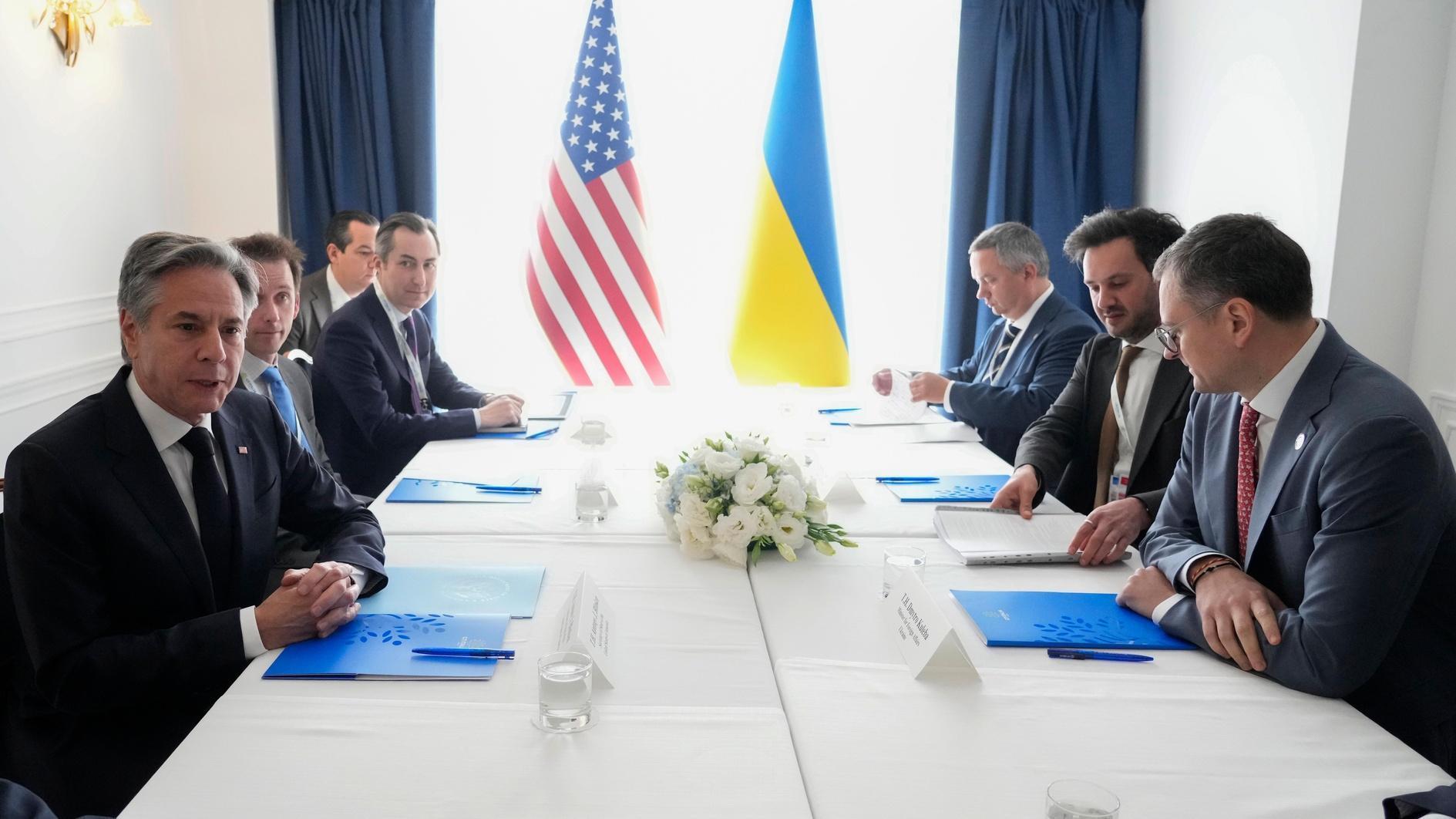Bending and damaging Turkey’s institutions
What happens when the political will suppresses public institutions? We have had an experience of this in Turkey in the past week.
I am indeed talking about the interest rate and the flight of foreign currency. Let us leave the technical side of the issue to the economists and instead simply look at the institutional side.
President Recep Tayyip Erdoğan has long wanted the Central Bank to lower interest rates. Moreover, he does this with a loud voice in public meetings.
However, the Central Bank, even though it staggers from time to time, manages to maintain its “independence.” Deputy Prime Minister Ali Babacan and Finance Minister Mehmet Şimşek may not speak with such loud voices, but they determinedly defend the independence of the Central Bank.
Let’s look at the past week: On Jan. 27, Central Bank Chair Erdem Başçı did not take a backward step in the face of pressure, but he did give signals of softening and said that if the January inflation fell by more than 1 percentage point he would call an extraordinary meeting and cut interest rates. When the U.S. Federal Reserve’s statement was added to this, the value of the dollar climbed. Investors who thought it would be more beneficial to invest in the U.S. dollar rather than collecting interest from the Turkish Lira rushed to the dollar.
On Jan. 31, President Erdoğan criticized the Central Bank, saying “it will drive people mad.” According to Erdoğan, if interest rates are low then inflation will also fall and the markets will rejuvenate. “Is it appropriate to pay $2.5 billion for the sake of 1 percent of interest?” he asked.
The markets thought Başçı was giving in and Erdoğan was continuing to pressurize, which boosted the dollar up to a record-breaking 2.4480 liras.
On Feb. 3, January inflation was announced. The drop was not as high as expected, so Başçı announced that the Bank would not convene for an extraordinary meeting. The Central Bank was not going to cut interest rates.
The dollar dropped back to 2.4060 liras as I was writing this. Yes, from 2.44 to 2.40…
As can be seen, in our economy under today’s circumstances, lowering the interest rate increases foreign exchange rates. The Central Bank is already cautious on interest rates in order to prevent the foreign exchange rates from climbing too much.
Can it be said that lowering the interest rate could be preferred over a hike in foreign exchange rates? Economists have calculated, saying the debate on interest rates and the increase in the foreign exchange rate have negatively affected the real sector. Because of debts, the real sector has a $175.6 billion deficit, and now has an extra $18.7 billion in debt since Jan 20.”
Obviously, the independence of the Central Bank is exceptionally important. Its former governor, Durmuş Yılmaz, who is an internationally respected financier, told BBC on Tuesday: “The country’s long-term structural issues cannot be solved by the short-term weapon of interest rates … The Central Bank can’t make the educational reforms that would increase the country’s productivity through its short-term interest rate policy.”
This is the heart of the issue. With “short-term interest rate” cuts, elections may be influenced but nothing would be done to “increase productivity in the long run.”
Actually, the government should be thinking about why it was able to create successful growth until 2007 and then why savings have melted since then.
After the experience of at least a century, the independence of the Central Bank is recognized everywhere. There cannot be a modern economy where the Central Bank is not independent.
Columnist Fehmi Koru wrote recently that in the U.S. Fed, for example, William M. Martin governed for 30 years, while William M. Martin governed for 20 years. Can you see what real stability is?
The legal and rational functioning of institutions is just as important as a country’s government. Politics should avoid bending and damaging institutions.











